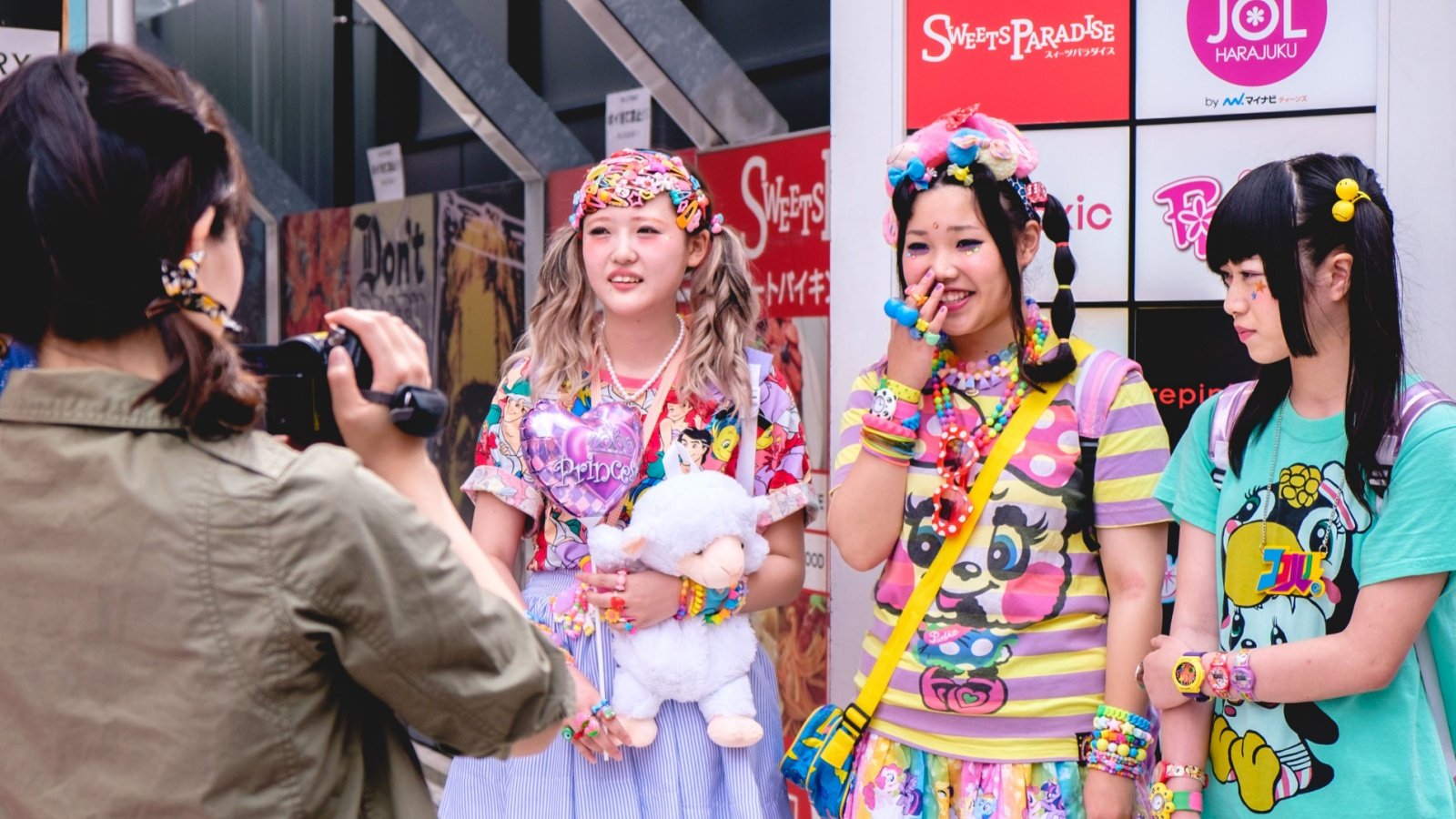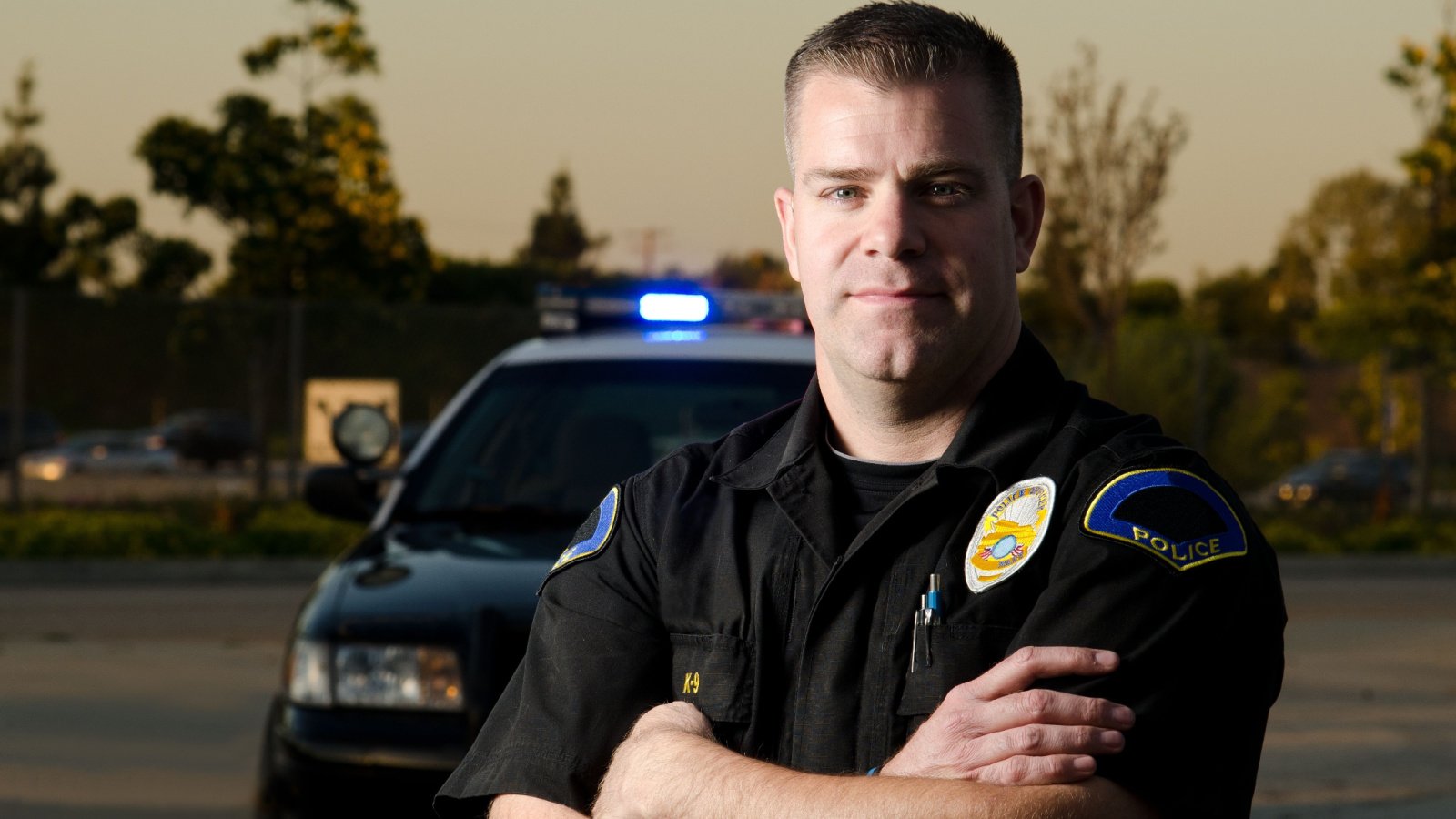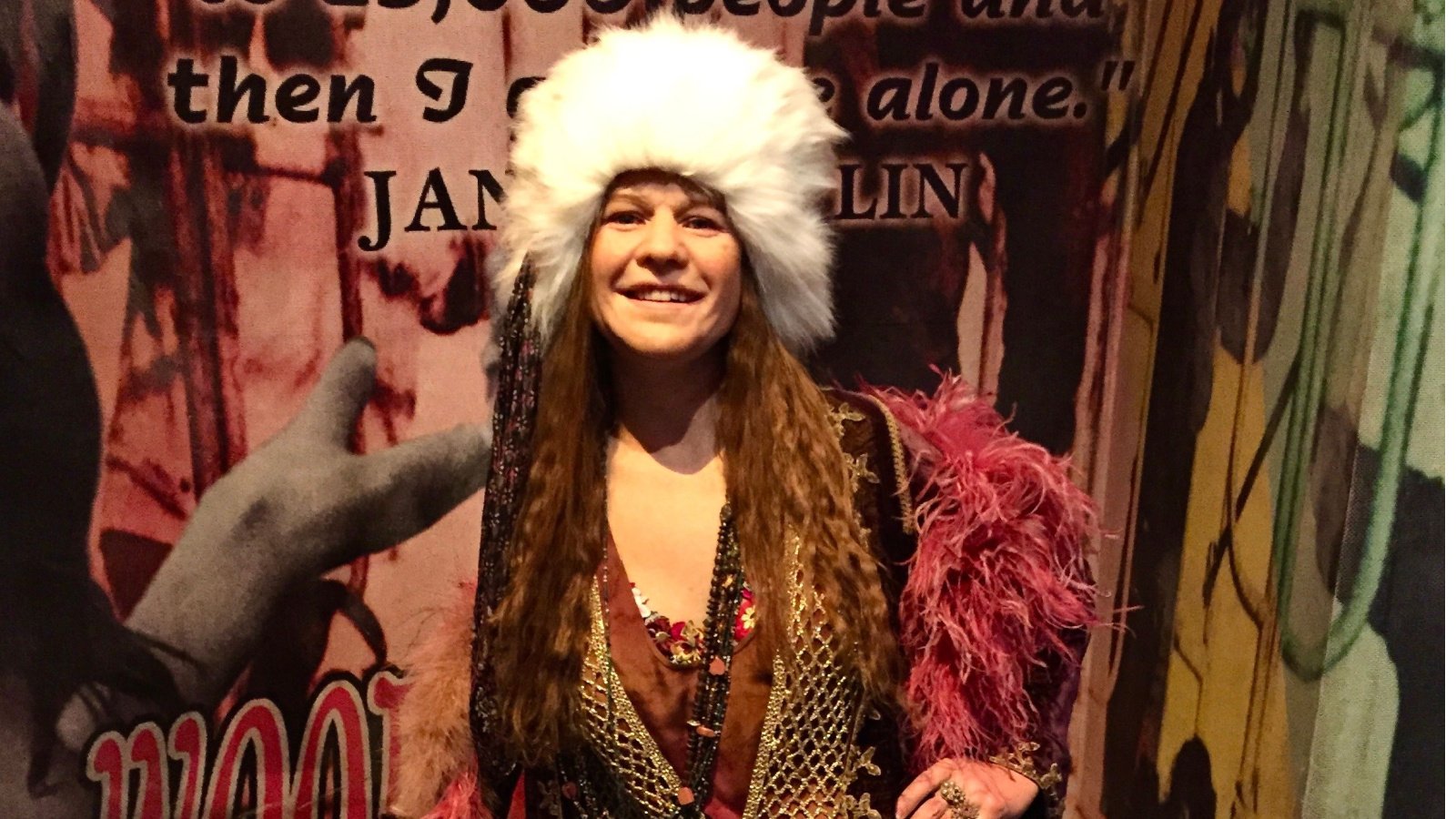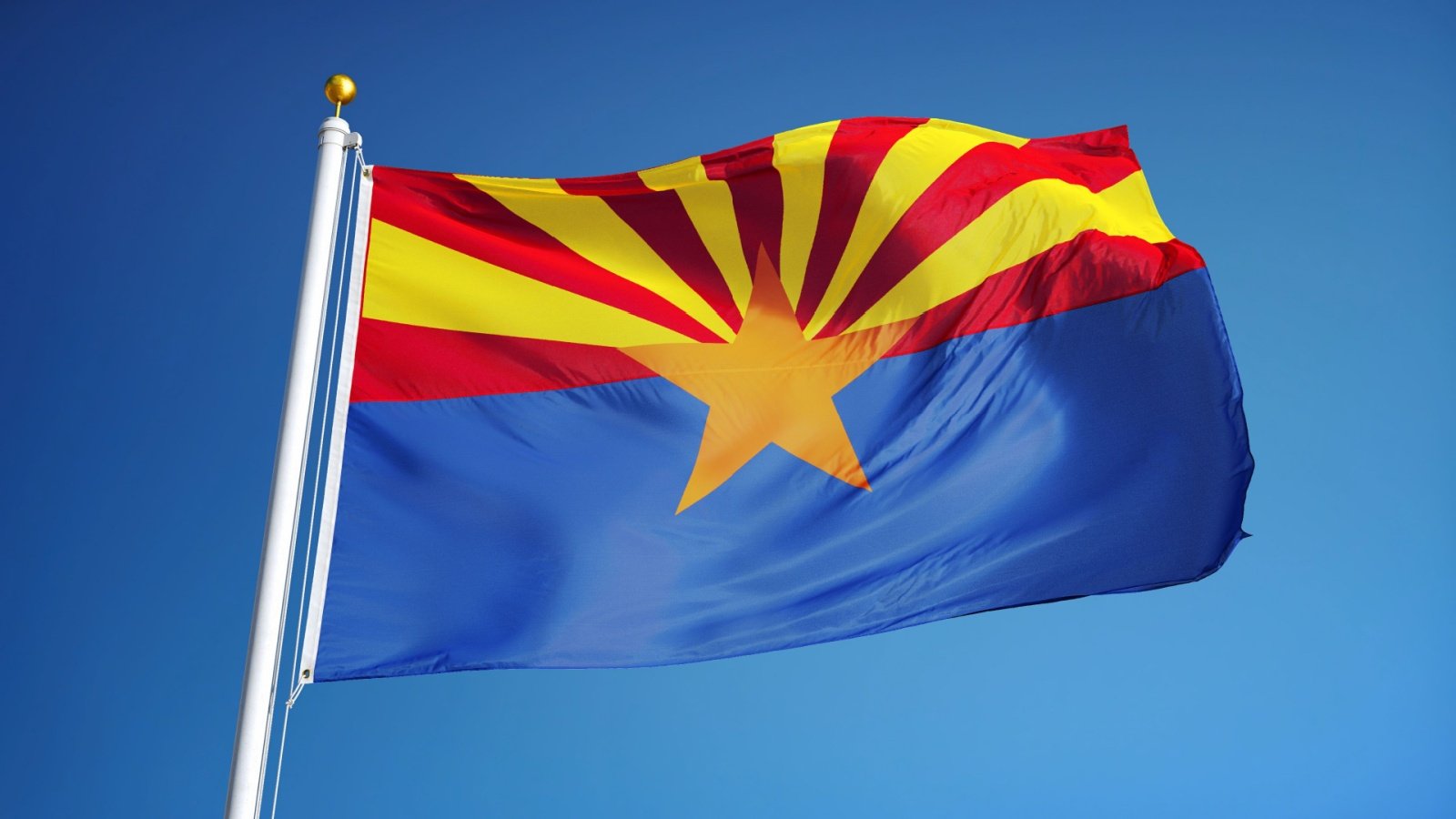In the 1960s, “square” meant uncool, “the man” meant the government, and “bread” meant money. Decode the lingo of the Swinging Sixties with us as we examine the hip phrases from the time of Sputnik, hippies, miniskirts, Beatlemania, and more.
Groovy – The Ultimate Compliment

In the swinging ’60s, calling something “groovy” was the highest form of praise. It was the go-to adjective for anything cool, from the latest Beatles record to a friend’s new bell-bottom jeans. But utter “groovy” today, and you might get some puzzled looks.
Far Out – Beyond the Ordinary

“Far out” was the ’60s expression for something extraordinary or unbelievable. It could describe anything from a mind-bending sci-fi movie to a peaceful protest that drew thousands. The phrase carries a nostalgic air, evoking images of tie-dye and peace signs.
Sock It To Me – A Call for Action

Popularized by the comedy show Rowan & Martin’s Laugh-In, “Sock it to me” was a quirky way of asking someone to lay it on them or give it their best shot. It was a playful challenge, often met with laughter or a comedic retort. Today, the phrase sounds more like a confusing request.
Can You Dig It? – Do You Understand?

“Can you dig it?” was a way of asking if someone agreed with what was being said. It was a hip way to make sure the listener was on the same page. In the modern era, asking if someone can “dig it” might earn a chuckle or a raised eyebrow.
Right On – Agreement and Support

“Right on” was like a nod of approval. It signaled agreement and support for someone’s statement or action. While still understood today, using “right on” can sound quaint or deliberately retro, a throwback to a time of social upheaval and calls for justice.
What’s Your Bag? – Inquiring About Interests

“What’s your bag?” was the ’60s slang for asking about someone’s interests or what they were passionate about. It was a casual way of understanding someone’s personality. Use this phrase today, and you might just receive a confused look or an actual description of someone’s handbag.
Outta Sight – Beyond Cool

When something was “outta sight” in the ’60s, it was beyond cool, extraordinary, or impressive – a way to express awe similar to “far out.” This groovy slang phrase stuck around for the decade and then quickly became outdated.
Square – Uncool and Outdated

Being called a “square” was the ’60s diss for someone who was considered uncool or out of touch with the current trends. It was a label you wanted to avoid at all costs. The term is understood today, but not used.
The Man – Authority Figures

“The Man” was a way of referring to authority figures, especially those seen as oppressive or establishmentarian. It was a shorthand for anyone who seemed to be keeping the little guy down. Using “The Man” today might make you sound like you’re stuck in a bygone era of counterculture rebellion.
Flower Power – The Peace Movement

“Flower Power” symbolized the peaceful protest movement against the Vietnam War, with flowers as symbols of non-violence. It represented a hopeful, gentle approach to activism. Mention “Flower Power” today, and it might conjure images of historical protests.
Cool Beans – That’s Great

“Cool beans” was an exclamation of approval or delight, akin to saying “that’s great” or “awesome.” It added a quirky twist to expressing enthusiasm. Drop “cool beans” in a conversation now, and it might be seen as charmingly old-fashioned or just plain odd.
Lay It On Me – Tell Me Everything

If someone in the ’60s said, “Lay it on me,” they were ready to listen, asking you to spill the beans or share your news. It was an open invitation for candidness. Today, the phrase is out of step with current conversational nuances.
Keep On Truckin – Keep Going

“Keep on truckin'” was a motivational phrase that encouraged perseverance and resilience. It was about moving forward, no matter the obstacles. While its message is timeless, the saying itself feels tethered to its era, offering a quaint but dated form of encouragement.
Don’t Be Such a Drag – Don’t Be a Downer

Calling someone a “drag” was a way of telling them they were being a downer or spoiling the fun. It was a light-hearted reprimand to keep the vibes positive. Use it today, and it might be taken more seriously than intended.
Flip Your Wig – Lose Control

To “flip your wig” meant to lose control or go a little crazy, often from excitement or anger. It painted a vivid picture of someone literally flipping off their wig in a fit of emotion. Nowadays, the phrase might elicit a skeptical look.
It’s a Gas – It’s Fun

Describing something as “a gas” was the ’60s slang for saying it was fun or entertaining. It implied a lively, exhilarating experience. Today, saying “it’s a gas” might get laughs for different reasons.
Beat Feet – Leave Quickly

“Beat feet” was the urgent instruction to leave or run away quickly, often from a less-than-ideal situation. It conveyed a sense of immediate action. Now, telling someone to “beat feet” might require a follow-up explanation.
Hang Loose – Stay Relaxed

“Hang loose” was an admonition to stay relaxed and not get too uptight about things. While “hang loose” still pops up today, its usage can feel more like a nostalgic nod than a genuine piece of advice.
Bread – Money

Referring to money as “bread” was a way to talk about cash in a more casual, slangy manner. It was part of a larger lexicon of creative terms for currency. Today, calling money “bread” might make you sound like you’re quoting a period piece rather than discussing finances.
Crash – Go to Sleep

Saying you’re going to “crash” when you mean you’re going to sleep was a laid-back way of announcing your plans to retire for the night. It had a nonchalant air that fit the era’s ethos. Now, while “crash” is still understood, it is typically used less frequently.
Freak Flag – Show Your True Self

Flying your “freak flag” was a call to embrace and display your unique qualities or quirks proudly. It was about celebrating individuality and nonconformity. Today, the phrase retains some of its original spirit but might seem a bit dated.









1 comment